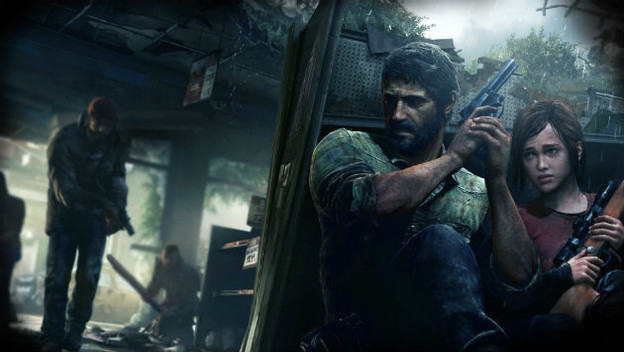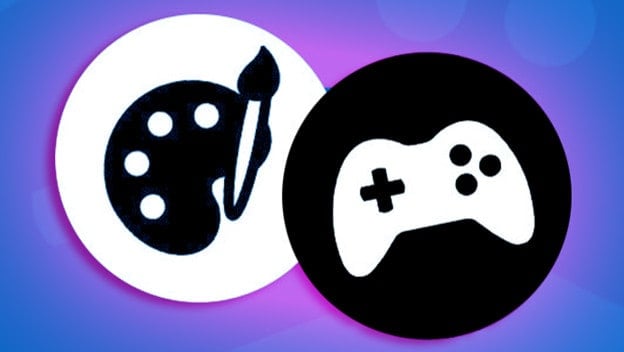I recently read a blog post by famed indie developer Jeff Vogel in which he explains why he no longer passionately defends games as art. At one point, he just simply stopped participating in the debate, because “of course are art.” However, he’s since redirected his passion for making games that don’t “aim so low [as art].” He even goes so far as to call the medium “super art.” I think it’s a scattered article with some portions of truth. I disagree with his core argument that video games are superior to art; however, having constantly justified my love of video games for years, I can understand where he’s coming from.
The crux of his argument is that games are able to transport him into a fictional universe in a way that movies and video games can’t, and the reason they’re able to do that is the medium offers something that movies and books can’t: experiences. He’s specifically cites how enthralled he felt with the boss fights of DOOM , and proudly calls it, as quoting Penny Arcade, “playable sugar.” When discussing The Last of Us , he describes how bloggers praised the game’s story but dismissed the gameplay mechanics as hindrances; however, he argues the opposite, going so far as to compare the game’s story to a B horror movie (which, to be fair, is how I feel about a lot of Naughty Dog’s games).
First off, I don’t agree with his argument that video games are a superior art form because they offer experiences. It’s like arguing that video games are the only medium that offers interactivity. Just look at literature. At the bare minimum, you need enough motor skills to turn the pages, and you need the educational training to read and later analyze the author’s text. It’s almost as if the author is trying to get you to “experience” the characters and their world by having you interpret his or her words. But to me, the mechanics that provide the experience are simply techniques unique to the medium, kind of like how film relies on different shots, music, and dialogue to tell a story.
This brings me to my next point: just because games can combine music, writing, cinematics and interactivity doesn’t make them superior art. Games, much like every other artistic medium, has its own creative challenges. For instance, most stories in games suffer because gameplay takes top priority. Perhaps this might cause others who aren’t fans of the medium to scoff, but I think it’s rather interesting to see how people overcome this creative challenge. Or maybe not. Maybe they choose to create playable sugar like DOOM , and that’s ok! That doesn’t make DOOM not art, but it also doesn’t make it superior art. It’s just art.

Now, this is where I start to understand where he’s coming from. See, the entire time I read the piece, I couldn’t help but feel his resolve reeks of insecurity. Of course, it’s silly to feel ashamed for the things we like, yet some of us were ridiculed or even bullied for having geeky hobbies, or at least wasting our time on something that isn’t literature. Still, Vogel lists the stats himself: games are a driving force in the entertainment industry. We should feel free to enjoy games, but some of us do feel the need to prove to others that our games can also be highbrow. Let them. The rest of us can enjoy our games, or work on them in peace. Whether or not they become considered highbrow art or not, we’ll see in time.
